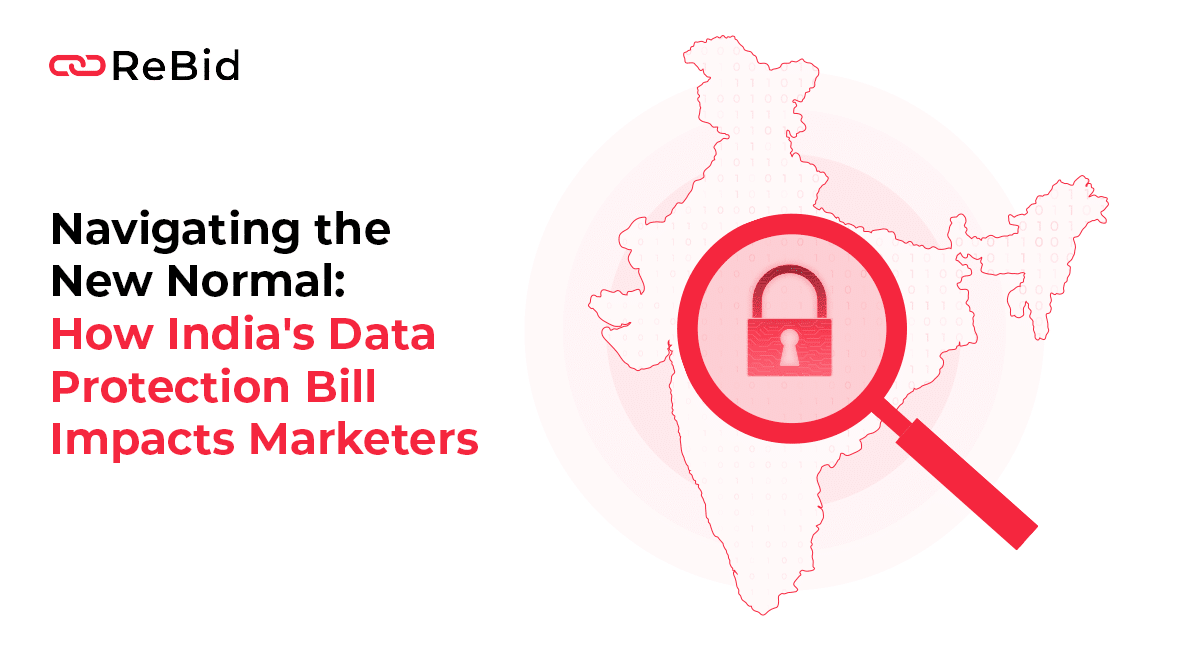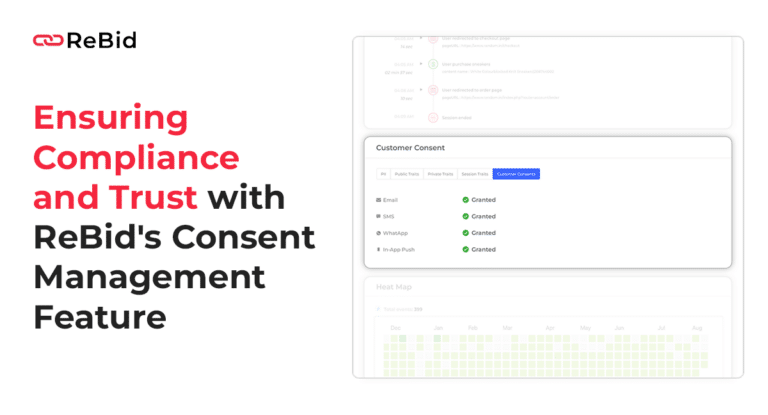Unraveling the Implications of the Data Protection Bill on Marketing Strategies and Practices
In the digital age, data is the new oil. Marketers have long relied on user data to craft personalized campaigns and strategies. But with the introduction of India’s Data Protection Bill, the marketing landscape is set for a seismic shift. So, what does this mean for marketers? Let’s dive in and explore.
The Data Protection Bill: A Brief Overview
Before we delve into the implications for marketers, let’s quickly recap what the Data Protection Bill is all about. The bill mandates explicit user consent for data collection, grants significant discretionary authority to the government, and applies to data processing even outside India. It’s a game-changer, and it’s essential for marketers to understand its nuances.
Impact on Data Collection and Consent
The Data Protection Bill makes user consent mandatory for data collection. This means marketers will need to be more transparent and upfront about the data they collect and how they use it. Gone are the days of hidden checkboxes and pre-ticked consent forms. Marketers will need to rethink their data collection strategies to ensure they comply with the new regulations.
Personalization vs. Privacy
Personalization has been a cornerstone of modern marketing. But with the new bill, striking a balance between personalization and privacy will be crucial. Marketers will need to innovate and find new ways to deliver personalized experiences without infringing on user privacy.
With the introduction of the new bill, they’ll be prompted to recalibrate their strategy, honing in more on engagement. The focus now shifts towards stimulating more active interactions to accumulate a wealth of zero-party data – information that users consciously and voluntarily share.
Leveraging the power of AI to dissect user browsing behaviors, they can continue to deliver personalized recommendations. This approach not only respects user privacy but also aligns with the new regulations, ensuring their marketing efforts retain a personal touch in a privacy-focused era.
The Role of the Government
The bill also grants the government significant authority, including the power to waive compliance requirements for certain data fiduciaries. This could potentially impact startups and smaller businesses that rely heavily on data for marketing. It’s a space that marketers will need to watch closely.
The Global Reach of the Bill
The Data Protection Bill applies to data processing outside India as well, as long as it relates to providing goods or services to Indian individuals. This means that even international marketers targeting Indian consumers will need to comply with the bill. It’s a wake-up call for marketers worldwide to review their data practices.
Conclusion
The introduction of India’s Data Protection Bill is a clear signal that the era of unchecked data collection is coming to an end. But it’s not all doom and gloom for marketers. It’s an opportunity to innovate, to build trust with consumers, and create marketing strategies that respect user privacy.
At ReBid, we’re ahead of the curve. We understand the importance of personalization in marketing, but we also respect the privacy of user data. ReBid’s Advertiser’s CDP is designed to deliver personalized campaigns for boosting acquisitions while ensuring compliance with data protection regulations. In the new era of data privacy, ReBid is your trusted partner.
The introduction of India’s Data Protection Bill is a game-changer for marketers. But with the right strategies and tools, marketers can navigate this new landscape and continue to deliver personalized, effective campaigns. Welcome to the new normal of marketing.





